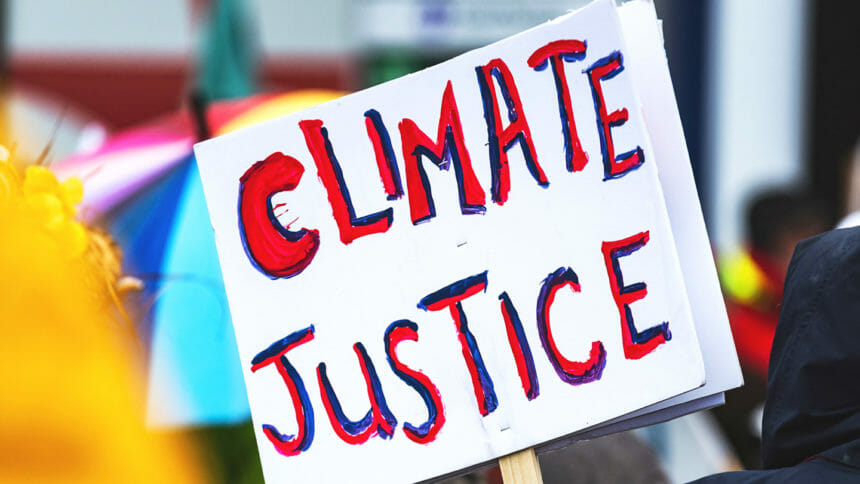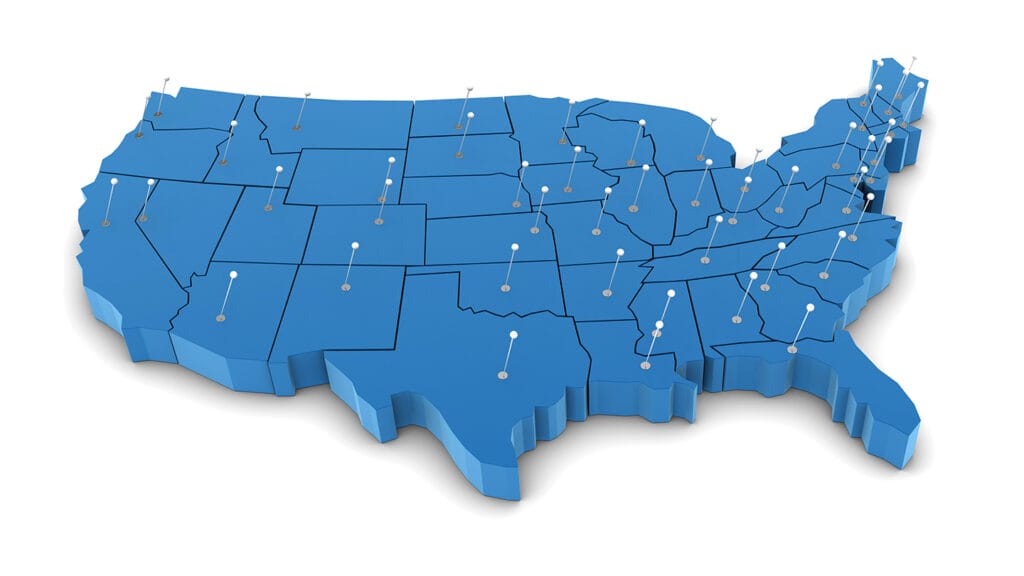
Leaders in the home care and hospice industry are hailing the Department of Health and Human Services’ new Office of Environmental Justice. Louisiana Home Care Association CEO Warren Hebert told McKnight’s Home Care Daily Pulse the effort to protect vulnerable communities against climate change is “a very prudent move,” as hurricane season approaches and destruction from last year’s Hurricane Ida is fresh in Hebert’s mind.
“All of this is extremely important work because we know that environmental factors play into the communities that are at low levels of elevation along coastal regions,” Hebert said. “They are by far the most susceptible when we are talking about tropical weather.”
But the announcement of the creation of the new office Tuesday affects millions more than just those who could find themselves in the path of a hurricane someday.
The Office of Environmental Justice will ensure there are safeguards in place to protect vulnerable populations — including seniors — against the adverse effects of climate change and environmental disasters. It will develop and implement an HHS-wide strategy on environmental justice and health, as well as lead initiatives that integrate environmental justice into the HHS mission.
”Meeting the needs of these communities requires our focused attention. That’s why HHS is establishing the Office of Environmental Justice,” HHS Secretary Xavier Becerra said in a statement.
Climate and environmental disasters, which can include everything from tornados to wildfires to chemical spills, are of increasing concern to home care and hospice providers. These disasters not only put patients at risk, but also the staff charged with taking care of them during a crisis.
Hospice in the Pines CEO Demetress Harrell told McKnight’s Home Care Daily Pulse in a Newsmakers Podcast the COVID-19 pandemic made her more aware of other potential dangers, such as climate change. She said she is becoming increasingly concerned about the impact tornados, floods and droughts could have on her patients and staff in rural Texas.
“That told me that I have to be better prepared.” Harrell said. “When we have conflict, we have resolution. When we have climate change, we have to have innovative strategies to meet the demands of healthcare.”
David Hunt, president and co-founder of healthcare service firm Cosan Group, advised home care and hospice agencies on how to prepare for natural disasters in a column for McKnight’s Home Care Daily Pulse. Hunt urged agencies to adopt technology that can support patient care during disasters; find ways to connect and stay connected to patients in emergencies; and anticipate the social determinants of health that could be affected by a climate or environmental disaster.



